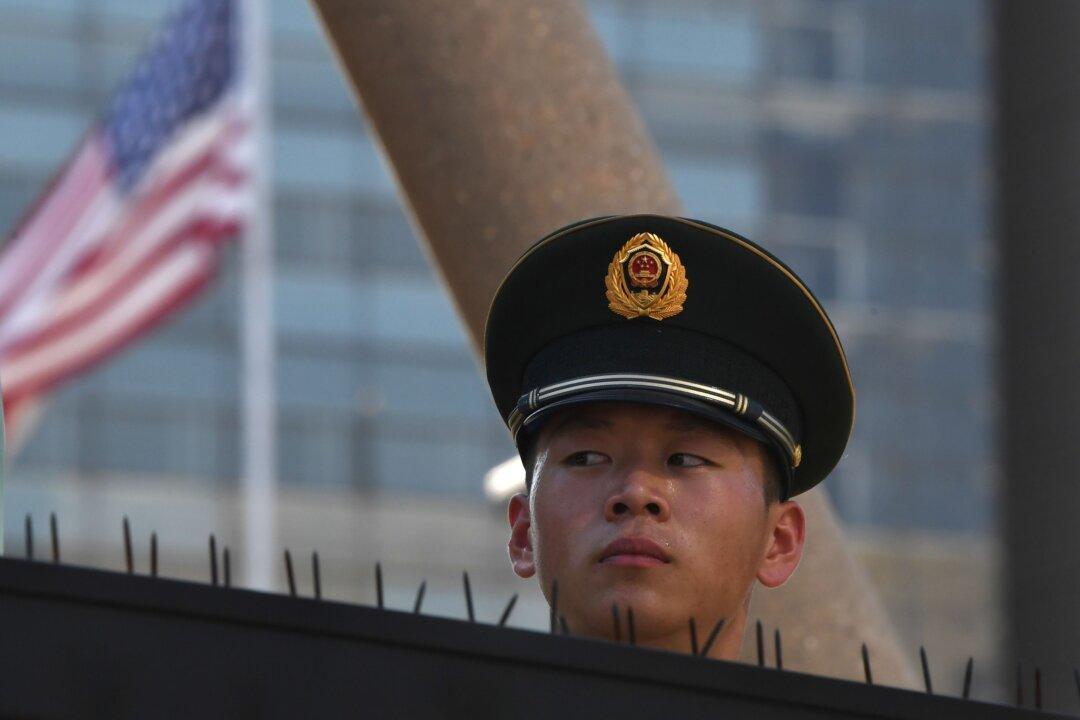Commentary
The Chinese regime just enacted a broad extraterritorial law against anyone who aids in sanctions against China, including Chinese nationals and China’s “private” companies. China’s new counter-sanctions, announced June 11, include the ability to seek compensation from foreign companies doing business in China.





